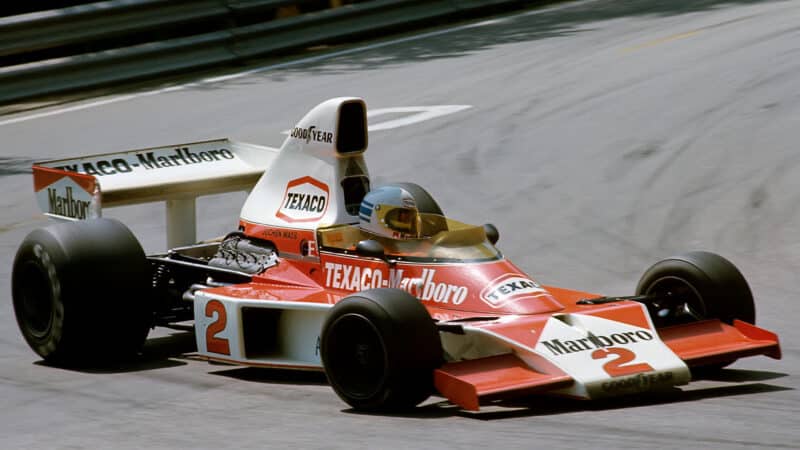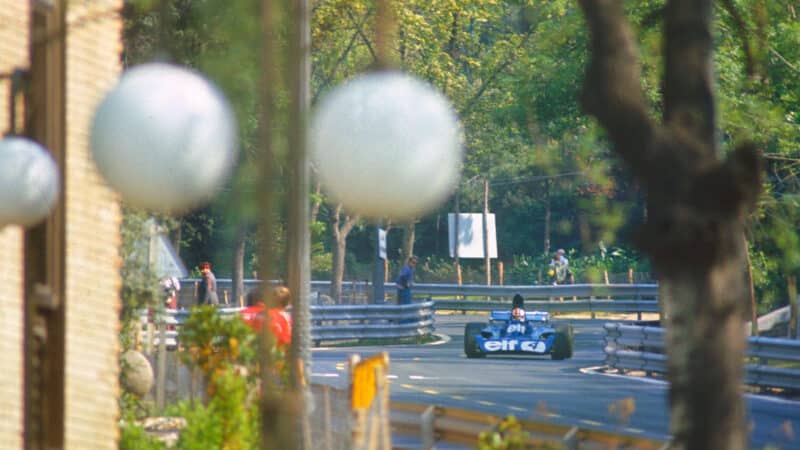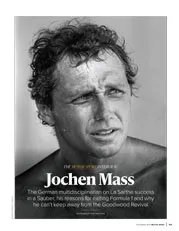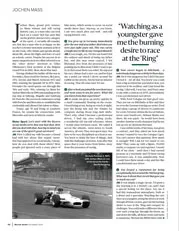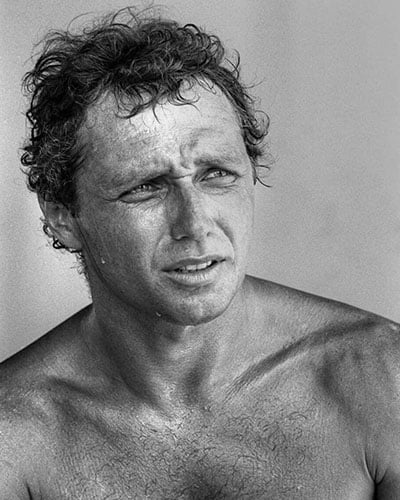A podium in the year’s second race at Brazil promised there was more to come, but the Spanish GP didn’t at first look promising for Mass.
Qualifying eleventh on the grid, it appeared as if the race would not even take place due to safety concerns, with an F1 revolt from the drivers brewing as a result. Mass picks up the story:
“We all wanted to go on strike at the time,” he remembers.
“The guardrails were not fixed in place properly, no nuts on the bolts, and the FIA had not inspected the track in time for the race, and of course they should have done something about it.
“We all agreed we would take it slowly, pretend to race. Fittipaldi withdrew and went home, but it was all agreed. When the flag dropped that was all forgotten. Andretti tangled with Brambilla and ran into the back of Lauda, who then hit the other Ferrari of Regazzoni.”
As the red mist descended on the grand prix field, Mass’s McLaren colleague Hunt led before spinning off on oil. Andretti’s misfortune then left Stommelen in the lead, until tragedy struck.
“On lap 25 the rear wing broke on Stommelen’s Embassy Hill,” Mass grimly recalls.
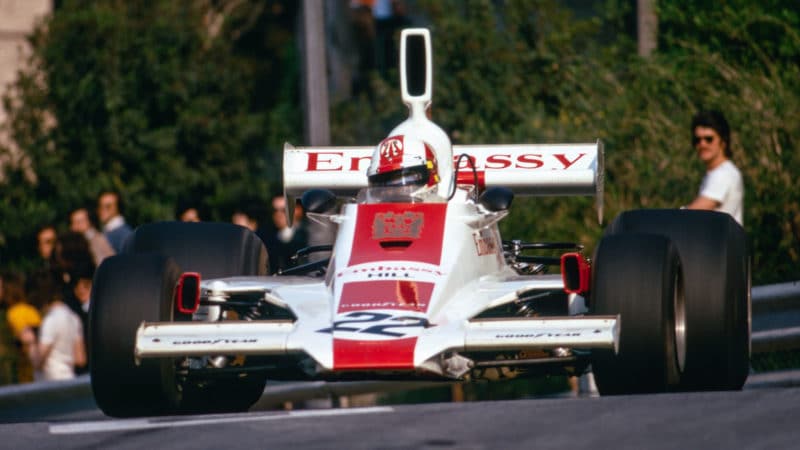
Rolf Stommelen was leading in Spain ’75, until his tragic accident
DPPI
“The car flew over the barrier. Four people were killed and Stommelen was injured. The race went on for another four laps. I overtook Ickx and had the lead when the race was stopped.”
Nigel Roebuck was there reporting at the scene, and recalled what happened some years later.
“What followed was like a scene from Hades, with shocked people spilling all over the road, sirens screaming, the Guardia Civil of Franco’s Spain lashing out with their batons at anything that moved,” he said.
